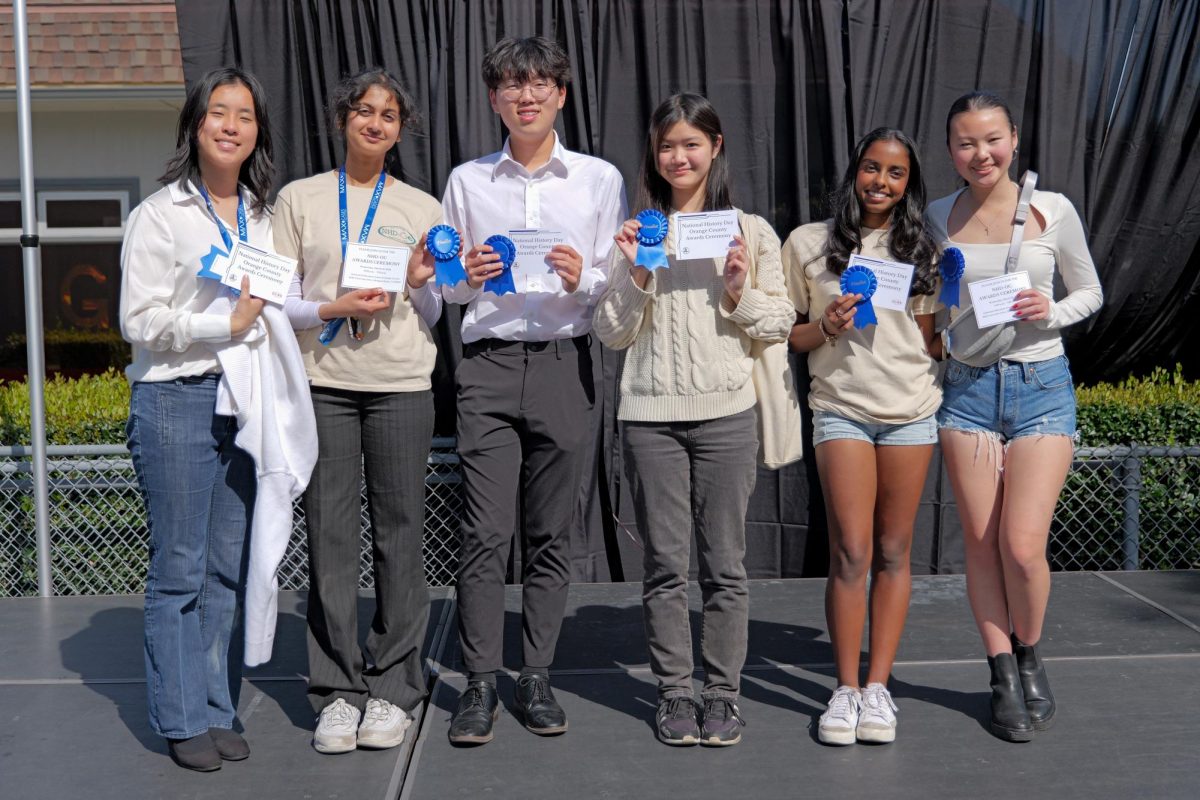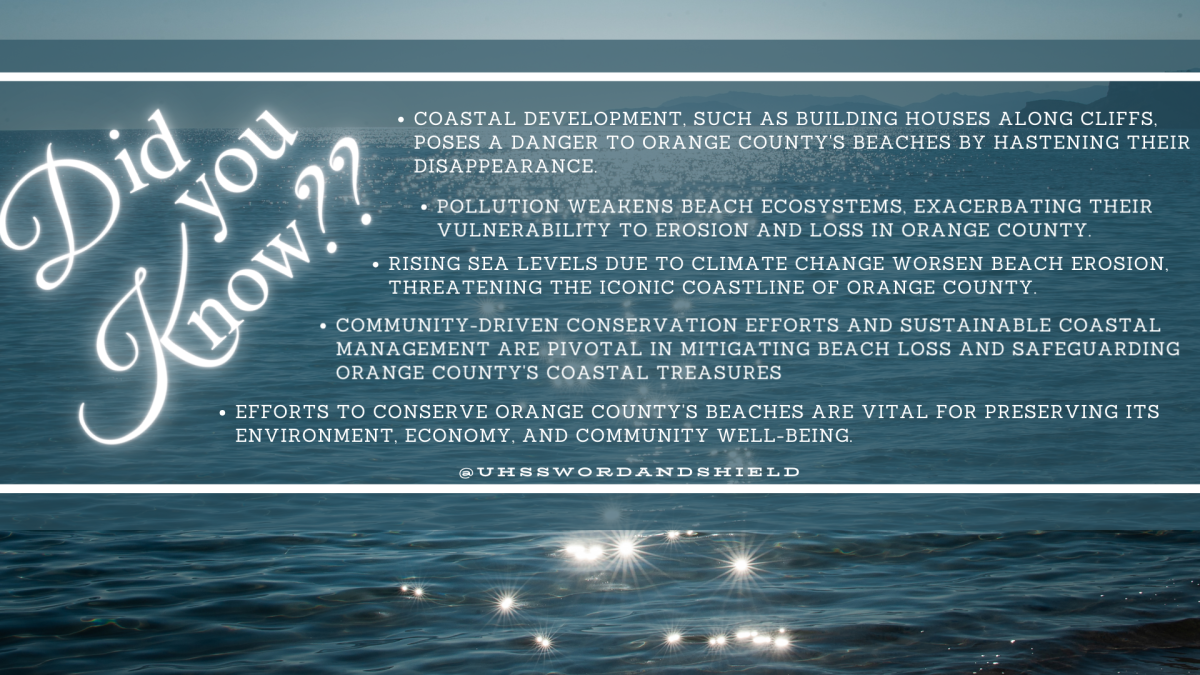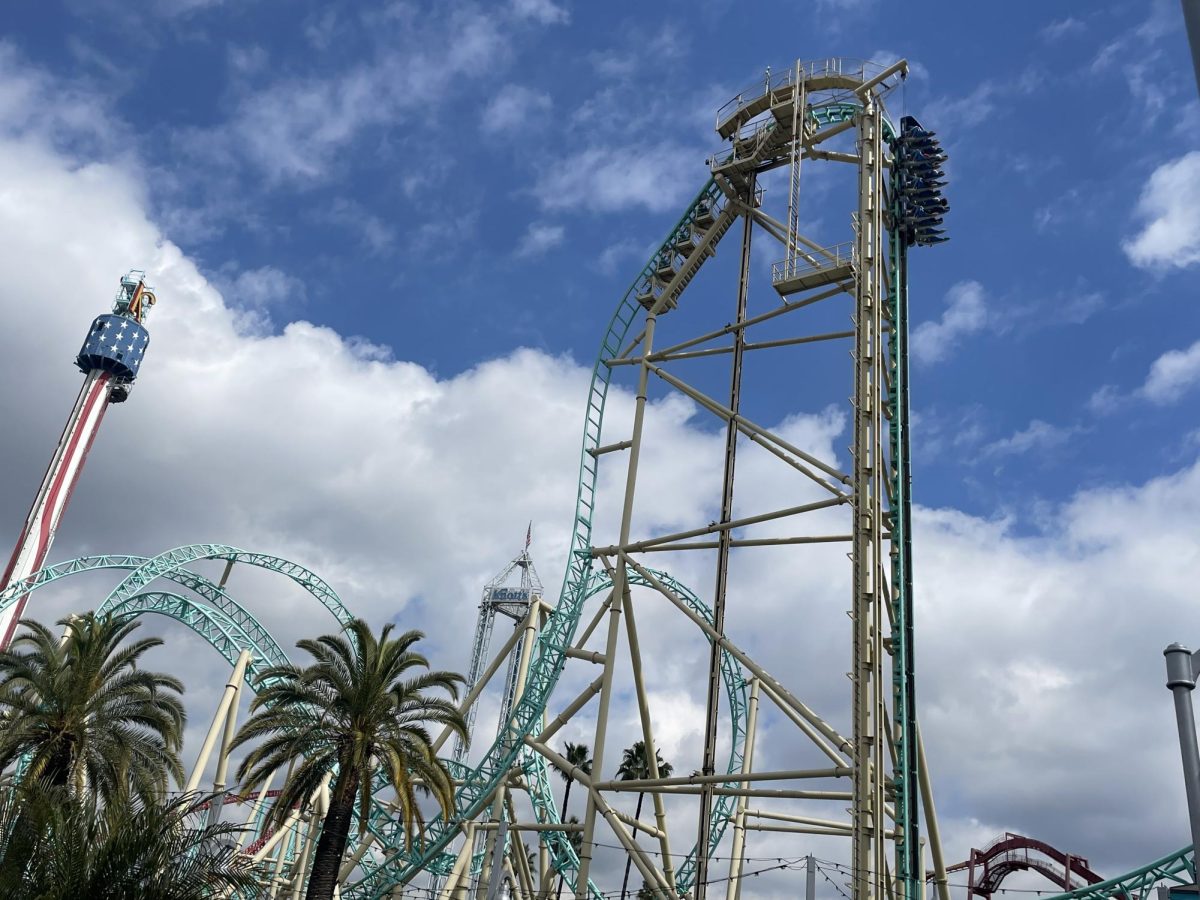On April 27, the Taiwanese government announced that it will halt the construction of a fourth nuclear power plant in Taipei City in response to increasing protests, including a hunger strike, against nuclear energy use. 73-year-old Lin I-hsiung, the former chairman of Taiwan’s Democratic Progressive Party (DPP) and a leader in anti-nuclear energy protests throughout Taiwan, led a hunger strike for nine days, inspiring others to participate in sit-in protests and encouraging media coverage of the nuclear plant’s potential harm.
The Taiwanese government began constructing the fourth nuclear plant in 1988, now 98% complete in April 2014. Though the government declared that it would halt the nuclear plant construction, it has not yet stated whether it will resume its construction in the future. According to Australian Broadcasting Corporation (ABC), the Taiwanese Economics Ministry states that the three existing nuclear plants in Taiwan will need to run for a longer duration of time to compensate for the halting of the fourth nuclear plant. The government had previously proposed to shutdown the three nuclear plants by 2025. The government has not yet clearly stated when or how it plans to stop utilizing the fourth nuclear plant. The ambiguity of the government’s post-protest efforts to initialize the nuclear plant shutdown is reminiscent of its previous attempts to override nuclear plant shutdowns.
Over 28,000 protestors joined Lin in his peaceful protest against nuclear energy in Taipei City from April 22. As citizens participated in a sit-in protest on a busy street, Taiwanese police used water cannons to remove them. The government stated that more than forty people were injured from the riot. After a week of his hunger strike, Lin was taken to the hospital due to his deteriorating health,but he continued fasting until April 30 after returning from the hospital.
Lin is a political activist who has been imprisoned for protesting against Taiwanese government fraud. While in prison in 1980, unidentified murderers stabbed his family members. His daughter, Judy Linton, was the only survivor from this incident. In a Facebook post to the public regarding her father’s fast, Judy Linton said, “I had a tiny bit of hope that the Legislature would have made a monumental decision to listen to the people and stop the building of the plant. Everyone is already very tired…I fear that many will choose to stay home. This government is tiring us out.”
With the establishment of the fourth nuclear plant, Taiwanese President Ma Ying-jeou’s approval ratings decreased, according to the Taiwan Indicator Survey Research. According to a Wealth Magazine poll, 77% of Taiwanese citizens are against nuclear energy use, especially because of the 2011 meltdown of a Japanese nuclear plant in Fukushima following a tsunami. Taiwanese communities internationally are concerned about the devastating impact of potential earthquakes on the Taiwanese nuclear plant. Johno Ho (Jr.), the president of the University High School (UHS) Taiwanese Club, said, “The KMT [Kuomintang of China] should understand the people’s concerns about the power plant being built in the vicinity of Taipei city, a city with a population of over 8 million people. The KMT should acknowledge and learn from the nuclear tragedies that happened at Chernobyl and Fukushima and should take action to prevent these tragedies from happening to Taiwan.”
Charlene Huang (Jr.), a member of the UHS Taiwanese club, does not support the protests against nuclear energy, but said “nuclear power safety needs to be carefully addressed.” She said, “Nuclear power is one of the cleanest power sources. It doesn’t produce mass amounts of carbon dioxide (i.e. coal or diesel power generator) and does not damage forests (i.e. hydraulic power plant). If something in the nuclear plant goes wrong, it could be catastrophically devastating because it could be harmful to the environment or cause a nuclear explosion. There’s nothing wrong with using nuclear power plants, but it’s how we make it safe for the citizens and environment.” Huang predicts that the government will probably return to the project in the future. She said, “If there is a need in the future, Taiwan can turn to the nuclear plant for the cheapest and cleanest option for energy.”
With three existing nuclear plants already established in the country, Taiwan has increasingly used more nuclear energy than solar or wind energy for decades, according to World Nuclear Association. Mr. Tinh Tran (Science Dept.) said, “People have the right to protest to enact change as long as it is peaceful and does not trample on the rights of others. With human population growing and more people around the world joining the middle class, energy consumption will only skyrocket. I am in favor of an ‘all of the above’ strategy, including shale gas, nuclear and renewables, to meet future energy demand. At the very least the protests bring public awareness to an issue, and that can engage people in debate and conversation.”
Written by KRUTHI RENDUCHINTALA
Staff Writer
Residents actively protest Taiwan’s nuclear energy expansion
May 4, 2014
Story continues below advertisement
Donate to Sword & Shield
$180
$1000
Contributed
Our Goal
Your donation will support the student journalists of University High School. Your contribution will allow us to purchase equipment and cover our annual website hosting costs.









Bubble Te • Jun 1, 2014 at 7:44 am
My brother recommended I might like this website. He was totally right.
This post truly made my day. You cann’t imagine
simply how much time I had spent for this info!
Thanks!